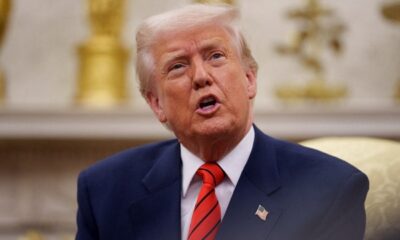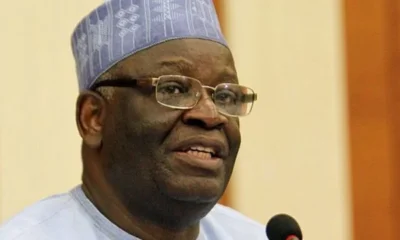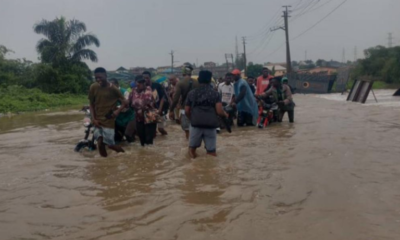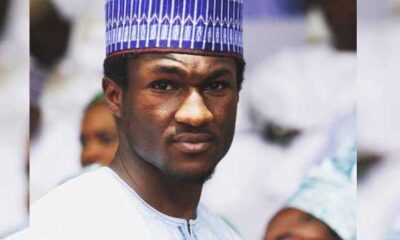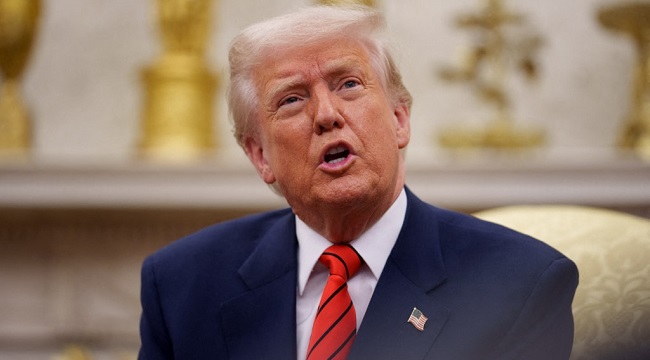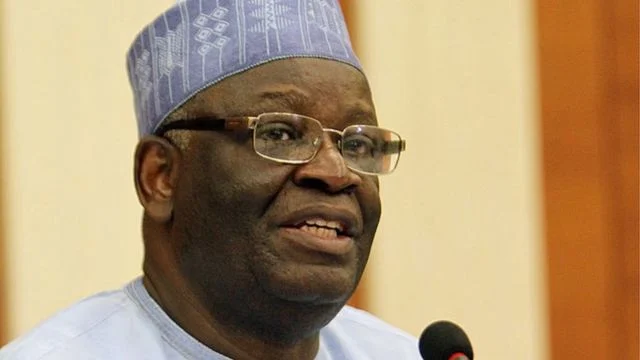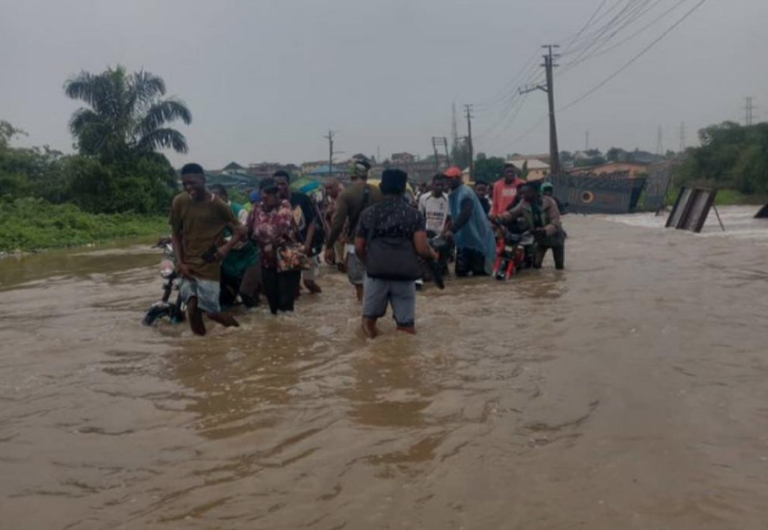President Tinubu is well-positioned to secure victory in the 2027 elections. His achievements, leadership experience, and the significant strides made across key sectors of governance solidify his place as the frontrunner.
- Key Achievements and Factors for Victory
1. Direct Funding to Local Governments:
For the first time in Nigeria’s history, the 774 local government chairmen will receive funds directly from the federal government starting this month. This bold move decentralizes resources, empowers grassroots development, and strengthens loyalty to the man who initiated this transformative policy—President Tinubu.
2. Empowering Citizens:
President Tinubu’s administration has rolled out impactful programs, including student loans, consumer credit initiatives, and direct cash transfers. These initiatives have touched millions of lives and earned him unwavering support from beneficiaries who recognise the positive impact of these policies.
3. Political Dominance:
APC remains the most dominant political party in Nigeria, controlling more states than any opposition party. APC governors will rally behind Tinubu in 2027, leveraging the party’s expansive structure to consolidate support.
4. Regional Strength:
South West:
President Tinubu will sweep all six South West states. APC currently controls four states, and Tinubu’s win in Oyo during the 2023 elections further demonstrates his stronghold. By 2027, even Osun, which narrowly escaped APC control, will fall back in line.
South-South:
Tinubu will likely secure Cross River, Rivers, Edo, and Delta while achieving the required 25% in other states. APC’s current control of Edo and Cross River further reinforces this projection.
South East:
The establishment of the South East Development Commission has endeared Tinubu to the region. He is expected to win Enugu, Imo, and Ebonyi while securing 25% in Anambra and Abia. APC governs Imo and Ebonyi, and with strategic campaigning, Anambra might surprise everyone in 2027.
North West & North East:
These regions remain APC’s strongholds, and Tinubu’s track record ensures that they will deliver the necessary states.
North Central:
States like Abuja, Kogi, Nasarawa, and Plateau are expected to align with Tinubu, given his strong rapport and ongoing development efforts in the region.
5. Resilience and Leadership Experience:
Tinubu’s journey from private sector success to public service is unparalleled. He served as a lawmaker, a transformative governor, and now a results-driven president. His international experience in oil, gas, and finance, coupled with his fearless leadership style, makes him a standout leader. Tinubu is the only president in Nigeria’s history to take bold steps like subsidy removal and exchange rate unification, laying the foundation for long-term prosperity
6. Economic Reforms and Policies:
Tinubu’s tax reforms exempt minimum wage earners and small businesses (earning less than ₦25 million annually) from federal taxes. By 2027, Nigeria will become a major exporter of refined petroleum products, with all four refineries operational.
The federal government’s agriculture policies, in collaboration with states, will yield significant results.
Security will improve, potentially with the full implementation of state policing.
Electricity management, now involving states, will lead to a more reliable power supply.
Mass transportation systems, including local, state, and federal rail services, will transform mobility.
With growing FDI, increased earnings from oil and gas, and direct investments, Nigeria will witness unprecedented progress under Tinubu’s leadership.
7. Broad-Based Support:
Tinubu’s influence transcends party lines, garnering support from private enterprises, public institutions, and even opposition leaders. Some PDP governors from the East may align with Tinubu’s vision in 2027, recognizing his ability to unify and deliver results.
8. Legacy of Leadership:
Tinubu’s record of governance in Lagos—one of Africa’s largest economies—is unmatched. When he assumed office in 1999, Lagos generated ₦400 million monthly against expenses of over ₦600 million. By the end of his tenure, Lagos’ monthly IGR had risen to ₦8 billion. This same transformational leadership is now evident at the federal level, with Nigeria’s reserves growing and states receiving triple their previous allocations.
Under Tinubu, local governments will receive significant funds. If each of the 774 local governments spends ₦2 billion monthly, the ripple effect will transform communities and improve lives nationwide. Without constitutional reforms, Tinubu is restructuring Nigeria by empowering states and local governments while maintaining harmony with governors, legislators, and the judiciary.
9. Strategic Reallocation of Subsidy Funds:
Funds from subsidy removal on petrol and exchange rates are now being redistributed across federal, state, and local governments. The judicious use of these funds will catalyse development, creating visible progress that further cements Tinubu’s leadership legacy.
10. A Leader for the Future
By 2027, Tinubu’s achievements will speak louder than promises. Nigeria will see improved security, stable electricity, a revitalized economy, and a robust transportation system. His reforms will deliver real, measurable results, leaving opponents to merely speculate on what they could do better.
If God grants him life and strength, and he chooses to contest in 2027, President Tinubu’s re-election will not just be a possibility—it will be a certainty. His vision, achievements, and widespread support make his victory inevitable.
By Prince Adeyemi Shonibare .

 BIG STORY4 days ago
BIG STORY4 days ago
 BIG STORY3 days ago
BIG STORY3 days ago
 BIG STORY4 days ago
BIG STORY4 days ago
 BIG STORY1 day ago
BIG STORY1 day ago
 BIG STORY4 days ago
BIG STORY4 days ago
 BIG STORY3 days ago
BIG STORY3 days ago
 BIG STORY1 day ago
BIG STORY1 day ago
 BIG STORY3 days ago
BIG STORY3 days ago







